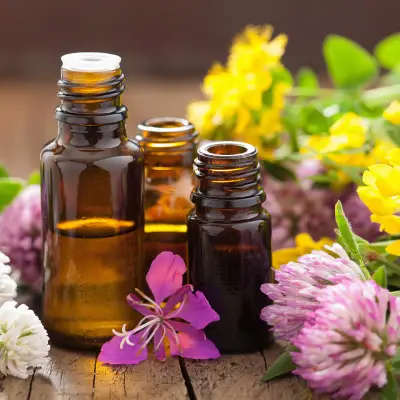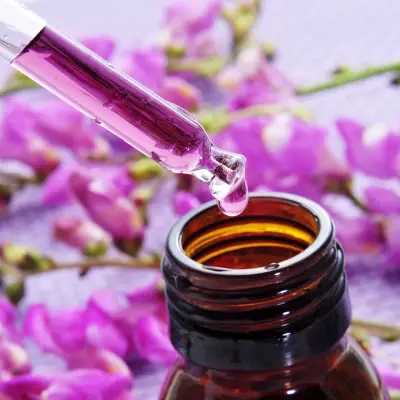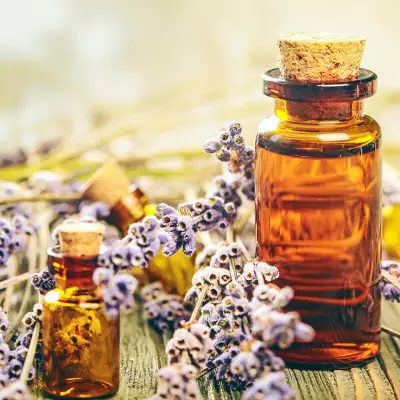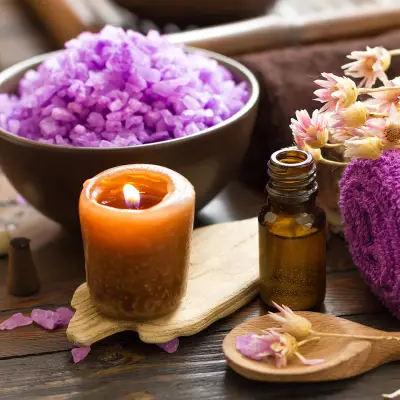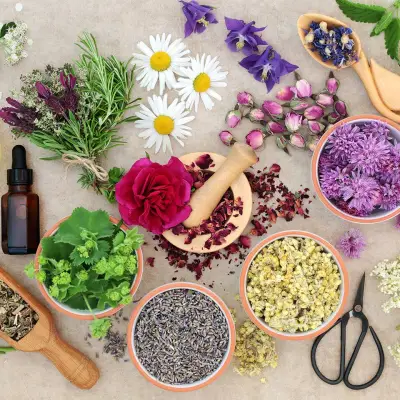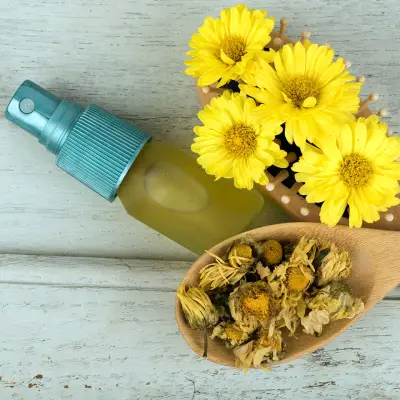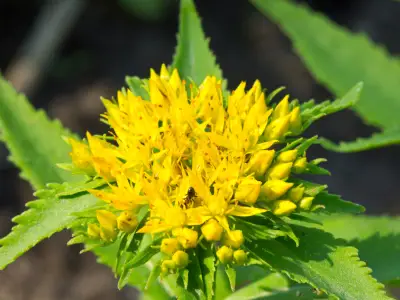Childbirth is a remarkable, magical, and intense journey. As the moment of becoming a mother draws near, every woman looks for ways to make the experience as calm and peaceful as possible.
Aromatherapy, which uses the scents of natural plant oils, has become a popular method to help women during labour. But does it really work? And which scents are the best to use? Let's explore how these natural fragrances might change your entire birth experience.
Jump to:
- The Essence of Aromatherapy in Labour
- Understanding the Power of Essential Oils for Birth
- How Do You Use Aromatherapy During Labour?
- Essential Oils for Your Labour Toolkit
- Essential Oils to Induce Labor: A Natural Nudge?
- The Evidence: Aromatherapy's Efficacy in Labour
- Personalising Your Aromatherapy Experience
- Integrating Aromatherapy into Your Birth Plan
The Essence of Aromatherapy in Labour
The idea of using aromatherapy during childbirth isn't new. For a long time, different cultures have used the soothing power of plant scents to help women through labour. Now, aromatherapy is becoming more common in hospitals and birthing centres too. These delightful scents, known as essential oils, are believed to promote relaxation, reduce anxiety, and even alleviate pain, making them a potentially invaluable addition to your birth plan.
Understanding the Power of Essential Oils for Birth
Before we look at which oils to use, it's important to understand why they might help. These oils are like a plant's special juice – they capture its healing qualities. When you're giving birth, breathing in these scents, massaging them into your skin, or adding them to a bath can help make everything feel more peaceful and less painful.
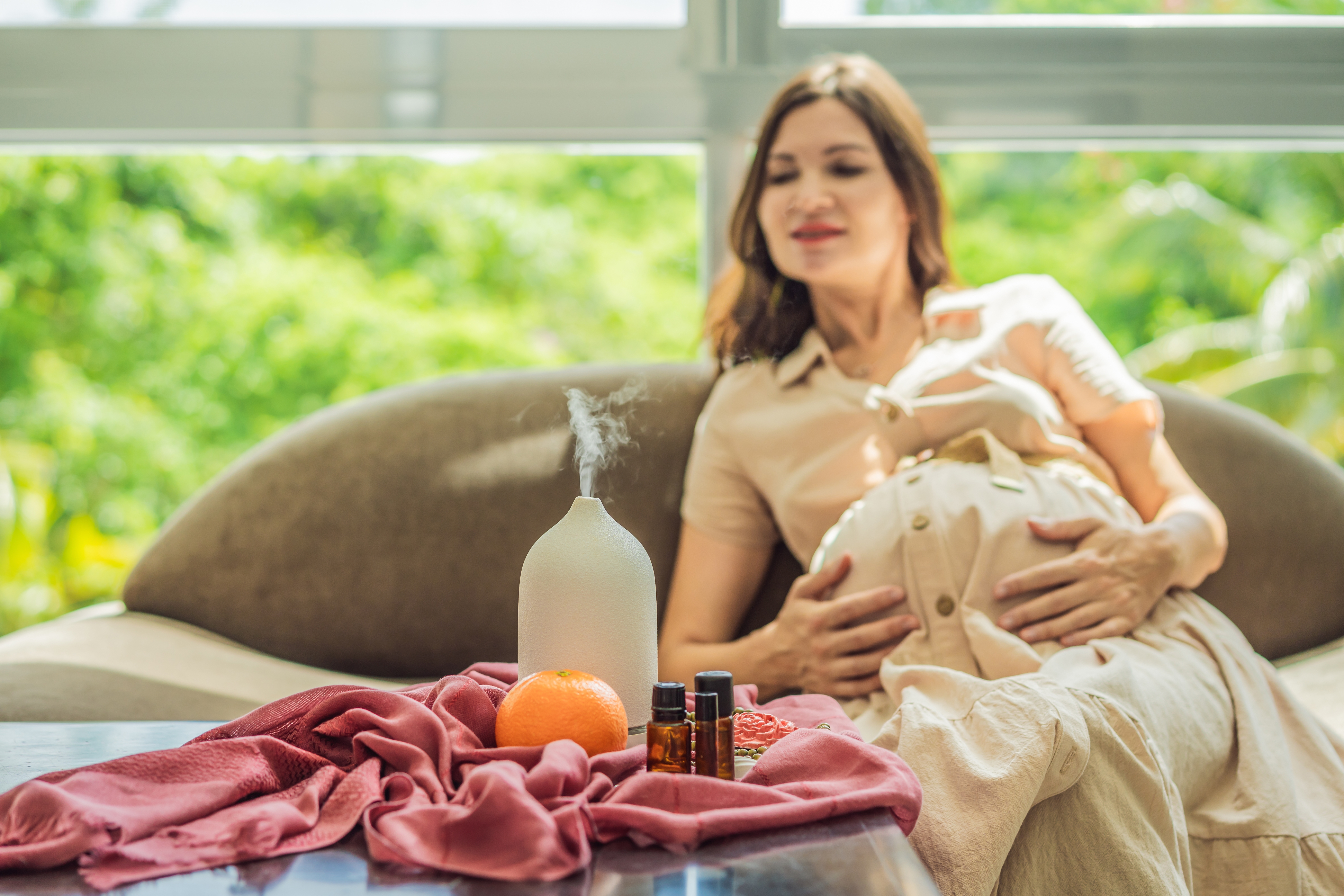
How Do You Use Aromatherapy During Labour?
Creating a serene environment is essential for a positive labour experience. Soft lighting, soothing music, and the gentle aroma of essential oils can significantly influence your sense of peace and control. You can enjoy the benefits of aromatherapy for childbirth in a few ways:
- Diffusers: They spread the scent through the room, making it a more relaxing place.
- Massage: Rubbing oils mixed with cream onto your skin can help you unwind.
- Inhalation: Breathing in the scent from a cloth or a cotton ball can give you an instant calm.
- Bathing: A warm bath with a few drops of oil is perfect for relaxation before labour kicks in.
Essential Oils for Your Labour Toolkit
Choosing the right oils for your labour experience is very important. Always go for pure oils that haven’t been mixed with anything else. Here’s a curated list of some excellent choices:
- Lavender: Renowned for its calming effects, it can help soothe anxiety and promote relaxation during labour.
- Peppermint: Known for its stimulating properties, it can alleviate nausea and refresh the senses.
- Chamomile: Often likened to a comforting embrace, it's wonderful for easing tension and may assist with managing discomfort.
- Frankincense: Encourages deep breathing and a sense of peace, helping you stay present and focused.
- Ylang-Ylang: Its sweet, floral aroma is great for reducing stress and can help lower blood pressure and calm the heart rate.
- Bergamot: With its citrusy yet spicy scent, it’s uplifting and can help dispel labour anxieties.
- Jasmine: Believed to strengthen contractions and enrich the birth experience with its warm, comforting aroma.
- Neroli: Derived from orange blossoms, it’s fantastic for its calming and stabilising effect on emotions.
- Mandarin: Soft and gentle, it can help ease fear and anxiety with its cheerful scent.
- Rose: The queen of oils, it’s not only emotionally uplifting but also promotes a sense of balance and well-being.
- Geranium: Helps to release negative memories and ease nervous tension; also known for balancing hormones.
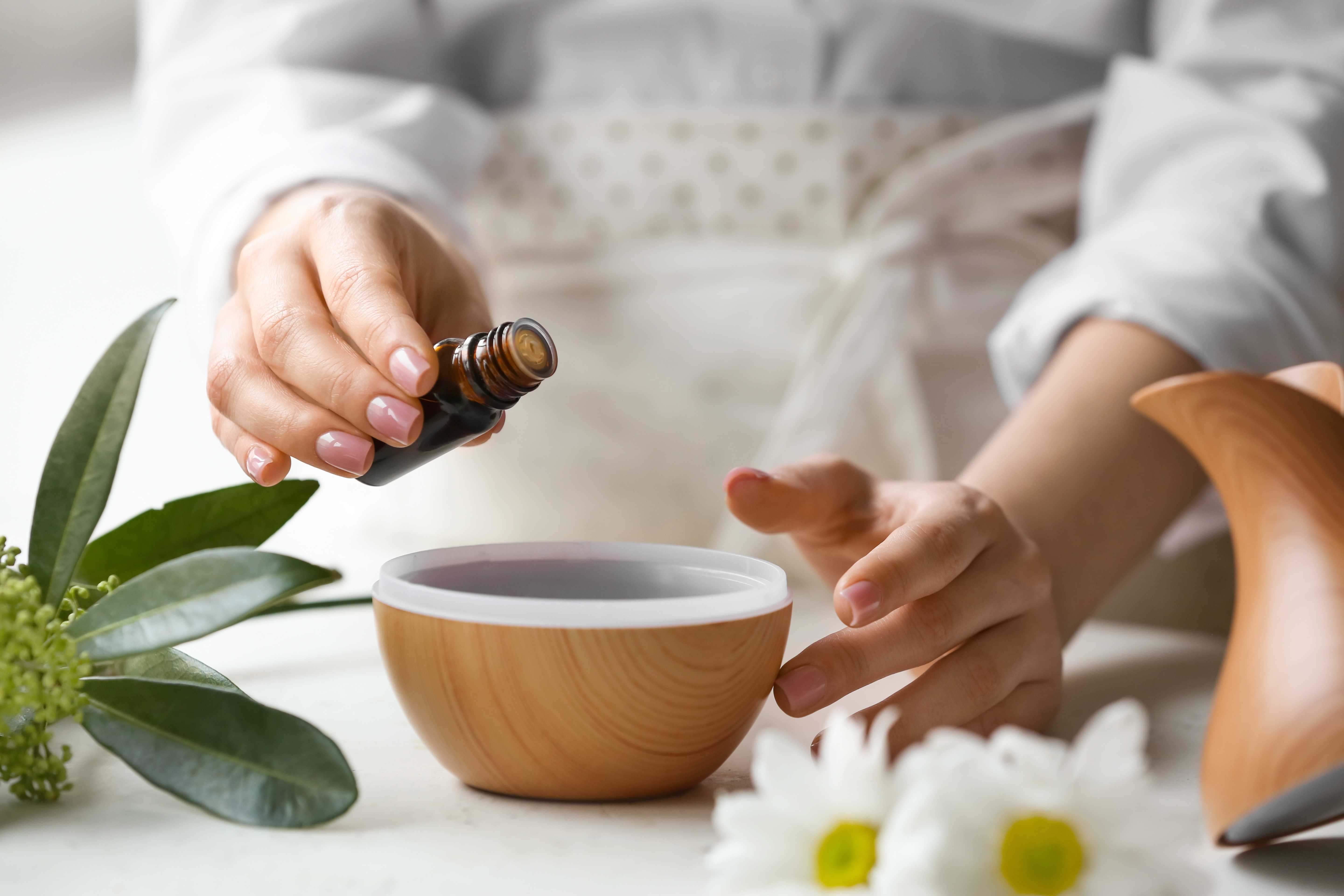
Essential Oils to Induce Labor: A Natural Nudge?
When researching essential oils to induce labour, be sure to approach with caution. One oil that gets a lot of attention is clary sage – but what does clary sage do in labour? Essentially, this potent oil is said to strengthen contractions and help move labour along. Due to its powerful nature, it should be used under the guidance of a healthcare professional and usually not before 37 weeks of pregnancy.
The Evidence: Aromatherapy's Efficacy in Labour
When considering aromatherapy in your birth plan, it’s natural to seek reassurance from others. Research has shown that women who used aromatherapy during labour reported less pain and anxiety. However, more rigorous studies are needed to fully understand its benefits and limitations.
Safety First: A Word of Caution
Aromatherapy is mostly safe, but there are a few rules to follow:
- Consult Healthcare Providers: Always discuss your plans for using essential oils with your healthcare team.
- Patch Test: Ensure you're not allergic to any oils by conducting a skin patch test beforehand.
- Use Diluted Oils: To prevent skin irritation, dilute essential oils with a carrier oil.
- Avoid Certain Oils: Some oils are contraindicated in pregnancy and should be avoided. Ask your doctor about these.
Personalising Your Aromatherapy Experience
Every woman's labour journey is unique - and so should be her use of aromatherapy. Tailoring the choice of essential oils to your personal preferences and emotional needs will help enhance your birthing experience.
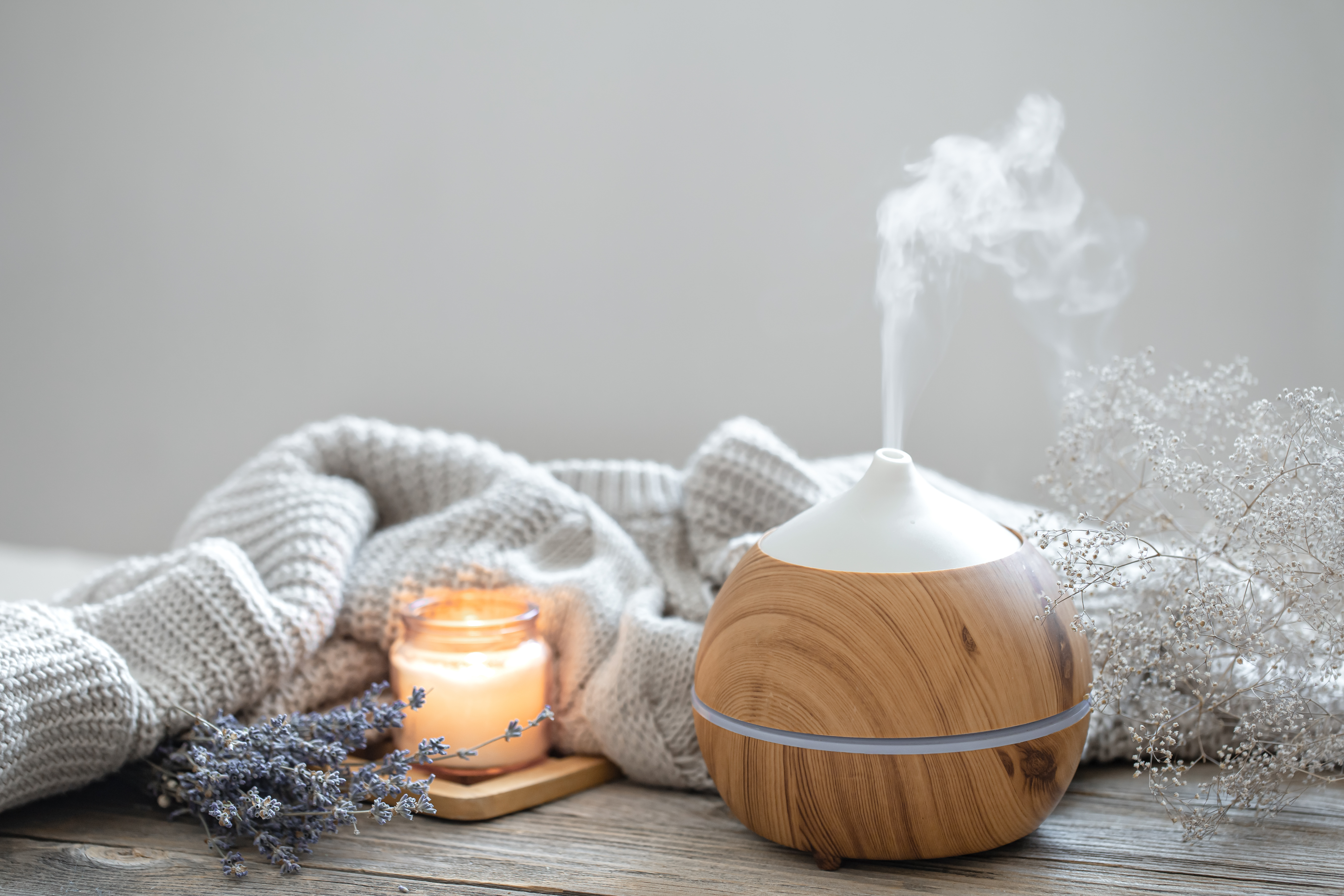
Integrating Aromatherapy into Your Birth Plan
To seamlessly weave aromatherapy into your labour, consider:
- Creating a Playlist: Combine music and aromas to trigger relaxation responses.
- Packing a Diffuser: Bring along a portable diffuser to your birthing space.
- Preparing Oils in Advance: Have pre-diluted oils ready for use in rollerballs or inhalers.
Learn More About Aromatherapy with Centre of Excellence
If the idea of using scents during labour sounds good to you, why not learn even more about it with The Centre of Excellence? All our aromatherapy courses are meticulously crafted to guide beginners and enthusiasts alike through the enchanting world of essential oils. With expertly designed modules, you'll embark on a journey that could enrich your personal life and offer a pathway to professional practice.
Enrol in our Aromatherapy Diploma Course today and begin a transformative journey that could not only support you through childbirth but also bloom into a lifelong passion.
Recommended for you!
Best SellersWhen considering aromatherapy in pregnancy and especially before birth, it is important to consult your midwife or healthcare provider for guidance, ensuring that any essential oils used are safe and appropriately administered.


